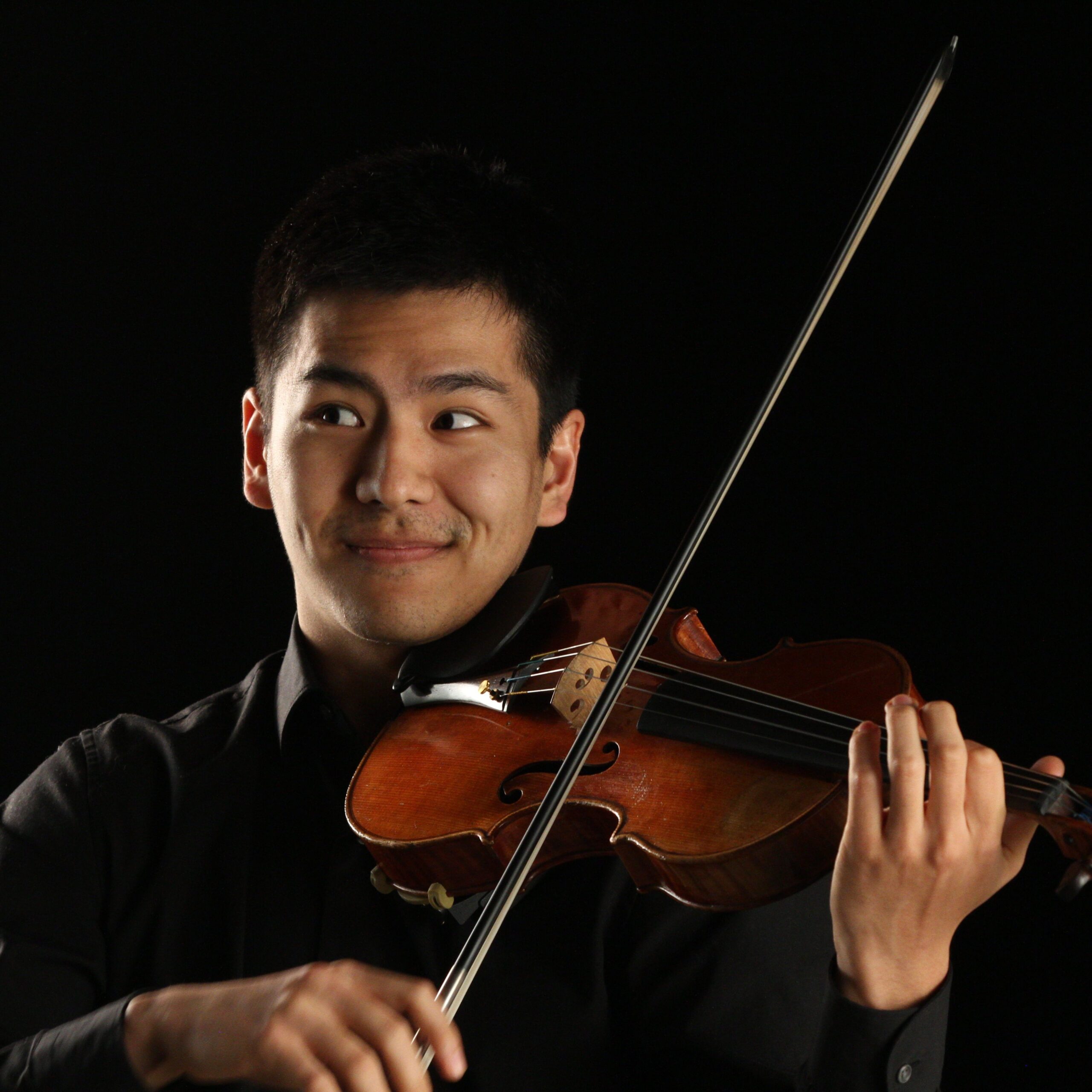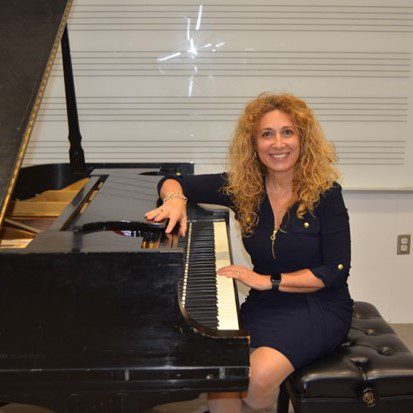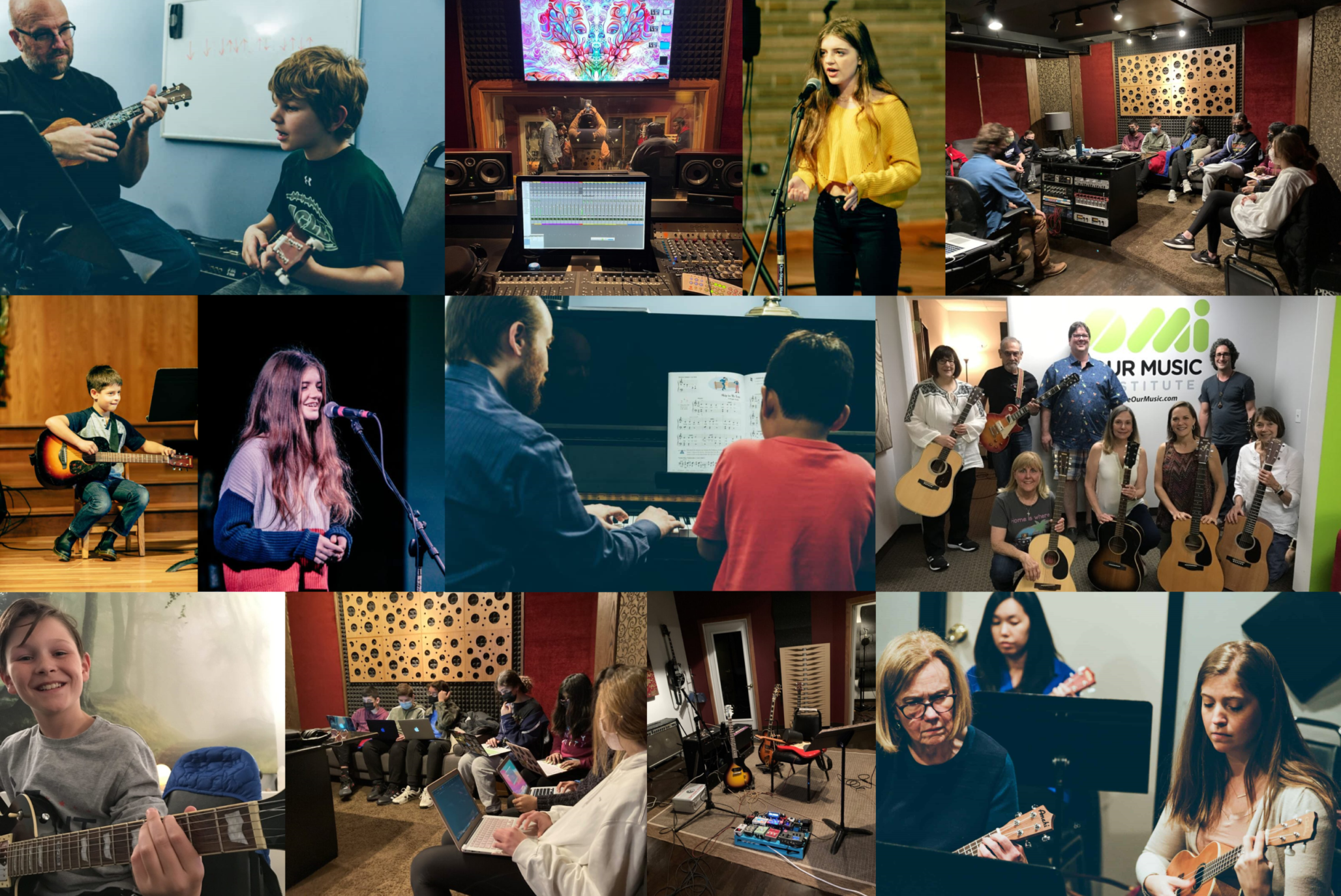Music has the power to transcend boundaries, touch the soul, and enhance our lives in countless ways. It’s not just a form of entertainment; it’s a gateway to emotional expression, cognitive development, and personal growth. That’s why starting music education young is not just beneficial; it’s essential for a child’s holistic development.
Enhancing Cognitive Skills
From the moment a child picks up an instrument or starts singing, they embark on a cognitive journey. Learning music involves reading sheet music, understanding rhythm and timing, and translating musical notes into actual sounds. This process challenges the brain, fostering skills like problem-solving, memory retention, and critical thinking.
Additionally, music education is linked to improved mathematical abilities. The patterns, sequences, and fractions within music provide an early foundation for mathematical concepts, making it easier for young learners to grasp mathematical principles later in life.
Boosting Emotional Intelligence
Music is a universal language that helps children connect with their emotions. It provides a creative outlet for feelings they may not yet have words for. Learning to play an instrument or sing allows them to express themselves, building emotional intelligence and self-awareness.
Moreover, music can evoke a wide range of emotions, helping children learn to identify and understand various feelings. This empathetic understanding of emotions enables them to relate better to others, contributing to their social and emotional development.
Fostering Discipline and Responsibility
Music education requires commitment, practice, and perseverance. Young musicians learn the value of discipline and responsibility as they work diligently to improve their skills. These qualities extend beyond the realm of music and can positively impact other areas of their lives, such as academics and extracurricular activities.
Promoting Confidence and Self-Esteem
Mastering an instrument or performing in front of an audience can be a significant confidence booster. Children who start music education young often experience a sense of accomplishment as they progress, which, in turn, enhances their self-esteem. This newfound confidence can have a profound impact on their overall outlook on life and their willingness to take on new challenges.
Encouraging a Lifelong Love for Music
Perhaps one of the most significant benefits of starting music education young is the potential to instill a lifelong love for music. Exposure to music at an early age can create a deep and lasting appreciation for this art form. This appreciation can enrich a child’s life as they grow, providing a source of joy, solace, and inspiration.
In conclusion, starting music education young is not just about creating the next musical prodigy. It’s about nurturing a child’s cognitive, emotional, and social development. It’s about instilling values like discipline, responsibility, and confidence. And, most importantly, it’s about giving them the gift of music—a gift that can enhance their lives in countless ways for years to come. So, if you have a young child, consider introducing them to the world of music. You may be laying the foundation for a harmonious and fulfilling future.



























